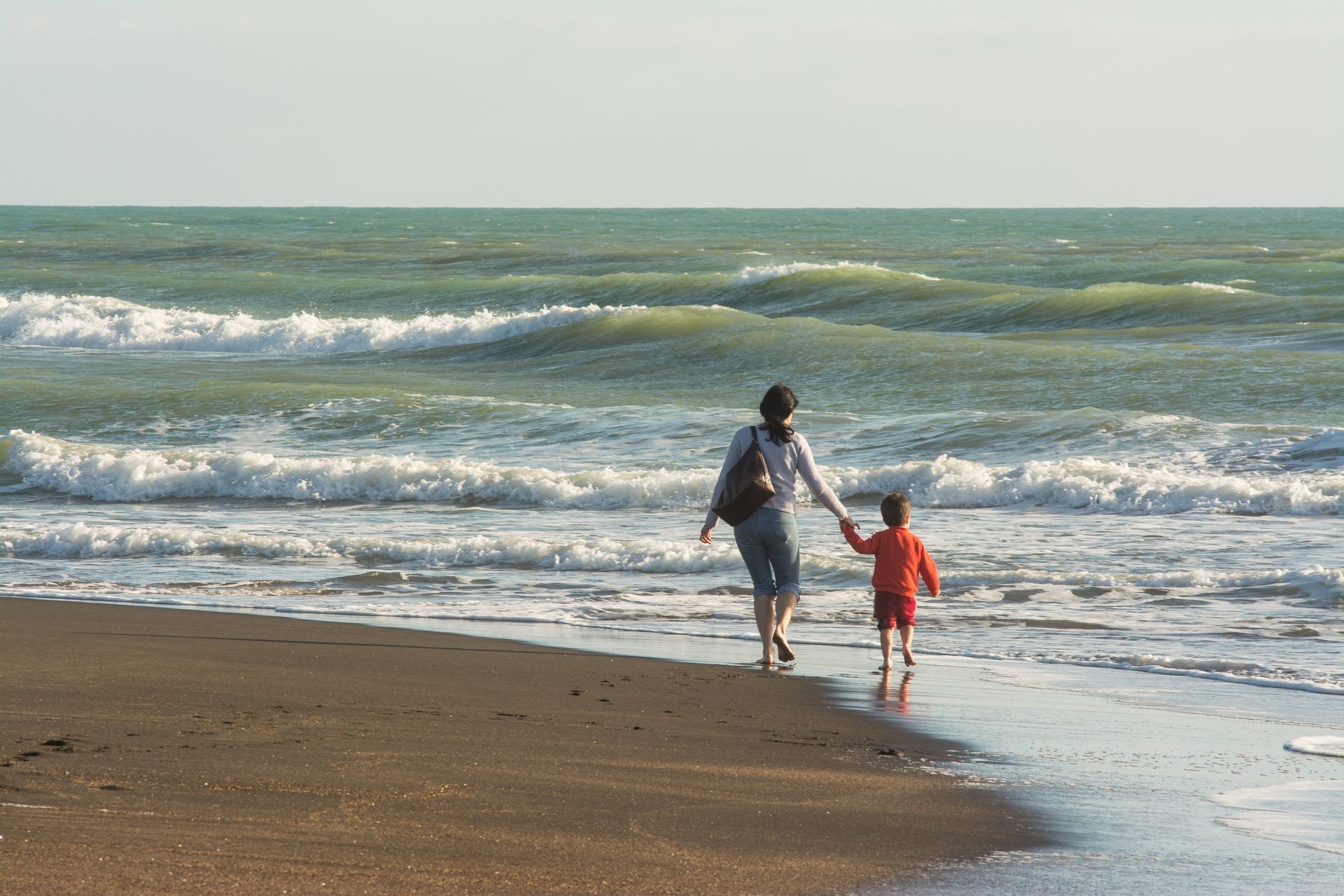Navigating the Seas of Adulthood: A Mother's Reflection on Parenting an Adult Child with OCNDS

My Child turned 18 in January. 18 has been the toughest stage for me, as a mom, to navigate. I felt much more capable in the days of juggling multiple doctor appointments, therapy appointments, and navigating the school system than I have felt thinking about long-term preparing for and parenting an adult child with a disability. 18 hit me differently than any other stage.
I feel like we’re at a bit of a crossroads now that they have entered adulthood. It’s looking back to see how much we’ve gone through but how far we’ve come. It’s a change in perspective and realizing that now that they are 18 and an adult they should have more ownership over their story and telling it or allowing me to tell it. It’s them having the right to privacy and encouraging them to self-advocate, it’s supporting independence & allowing them to develop their identity as a person having OCNDS. It’s reflection and thinking about things that I wish we had done differently and also appreciating all the things that I’m really glad we did & the people who helped so much along the way.
This journey with disability is like an ocean. Some days you’re in it, tackling the waves as they come. At moments you’re riding high, surfing confidently on the biggest wave you could ever imagine, only to come crashing down on the shore. There are days where you’re in a calm ocean floating along just enjoying the rhythmic pattern - gentle and expected and stable. You get used to that, get relaxed, and then a gigantic wave comes & threatens to drag you under. In those moments, sometimes you’re going to rise to the top and ride the wave to the shore. In other moments, you’re going to get rolled & bounced around until you land on shore with some scrapes and scars. But, you keep going back. Sometimes you’re relaxed when you enter that water, other times you’re exhausted but you know that you love the ocean so you just keep going back, even when you are not always sure what the conditions are going to be.
I think the biggest advice I could give to parents who are just starting out is to be honest about where you are in your journey & to reach out either as support or for support. Disability is not a dirty word and it’s not something to be afraid of. Is it overwhelming, scary, & heartbreaking sometimes? Absolutely! Is it celebration & appreciation of small moments with more joy than you can imagine? Also, absolutely true. Sometimes it’s so hard to come to peace with and realize that your child might not follow a “traditional“ route because of disability. At other times it’s finding positives in that. I promise you, parents of younger kids, that there are great moments ahead!
In this past year, since turning 18, my child had the opportunity to do things that I never thought they would - they served as manager for a varsity sport, they participated in a school-wide unified sport and earned a varsity letter, they decided they wanted to try to attend their junior prom and spent the entire night on a dance floor with a group of peers who saw they wanted to join in and kept them dancing! Did they do all of these things in a “traditional” way? No. Does that make any of these huge milestones any less important? Also, no. I never ever thought I’d see them do so many of the things they have done over the years. They worked hard and it took time. There are things that I know they won’t likely do which can still be heartbreaking, but my child will still have a good life.
Our journey has been a little bit different than some because our family did not receive our child’s diagnosis until they were age 15.
Sometimes I think about what it would’ve been like to have an answer when my child was two or three years old. I don’t think one journey is better or worse than the other, I just think that they’re different. We spent the majority of their childhood addressing issues as they came up, one by one. We had no clue what to look for. It was overwhelming because we never totally knew what was going to come next. We had faith in the fact that we were doing the things that we needed to do regardless of the fact that we couldn’t connect the dots between all of the different health and developmental issues that they had with one answer. Honestly, by the time we got our diagnosis, it was mostly a feeling of disbelief. I didn’t think I would ever see a diagnosis for them and in many ways it changed nothing that we were doing. We did have a few health things checked out that were recommended to us. The best part about getting a diagnosis was finding this amazing OCNDS community. It has helped in so many ways and I feel so lucky that there is a foundation & an organization that is active and knowledgeable and trying to make a difference.
I want to lend support to those of you who have younger children, or those just starting out on this journey. It is hard, it is different. But, there is so much that is positive in the journey, and so much that is possible for our kids to achieve!
